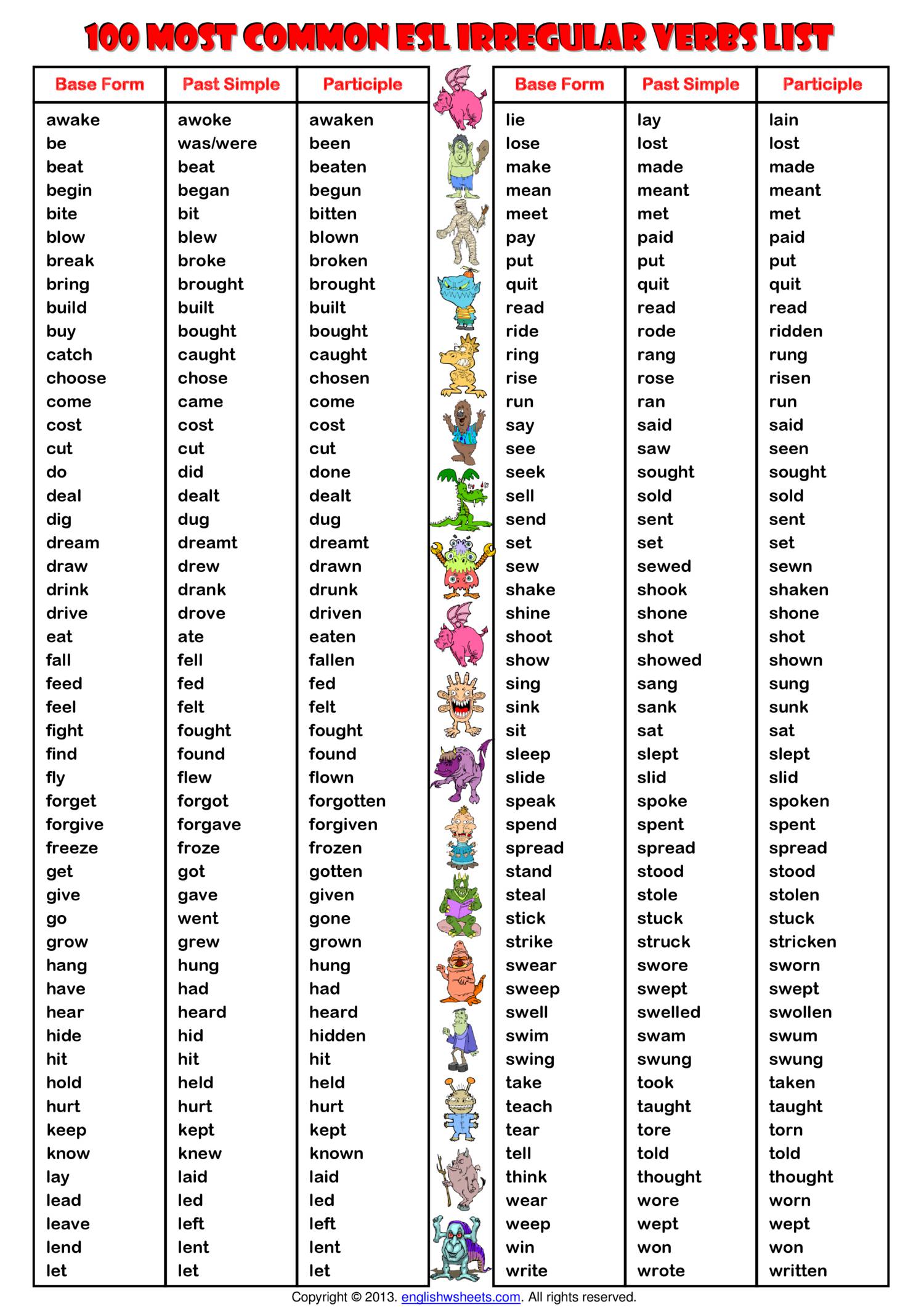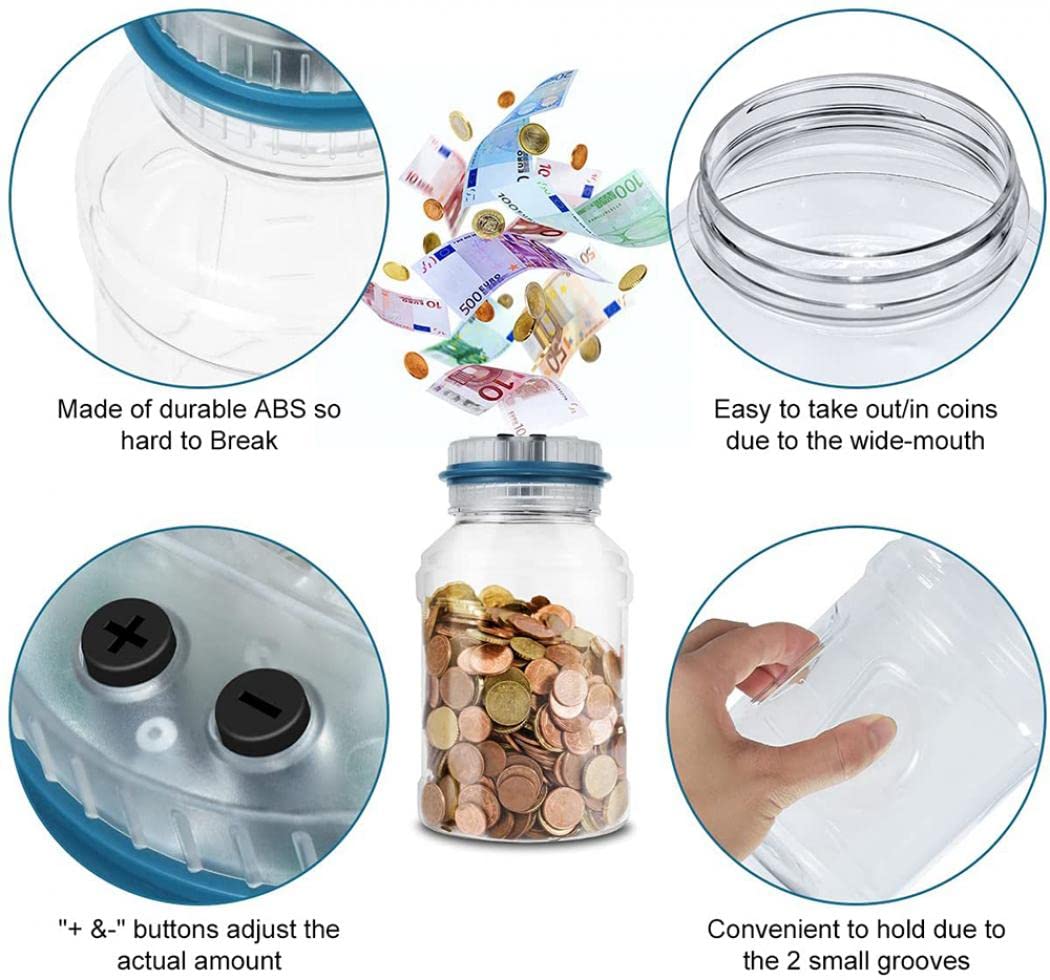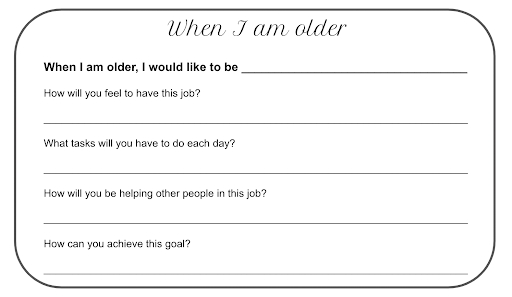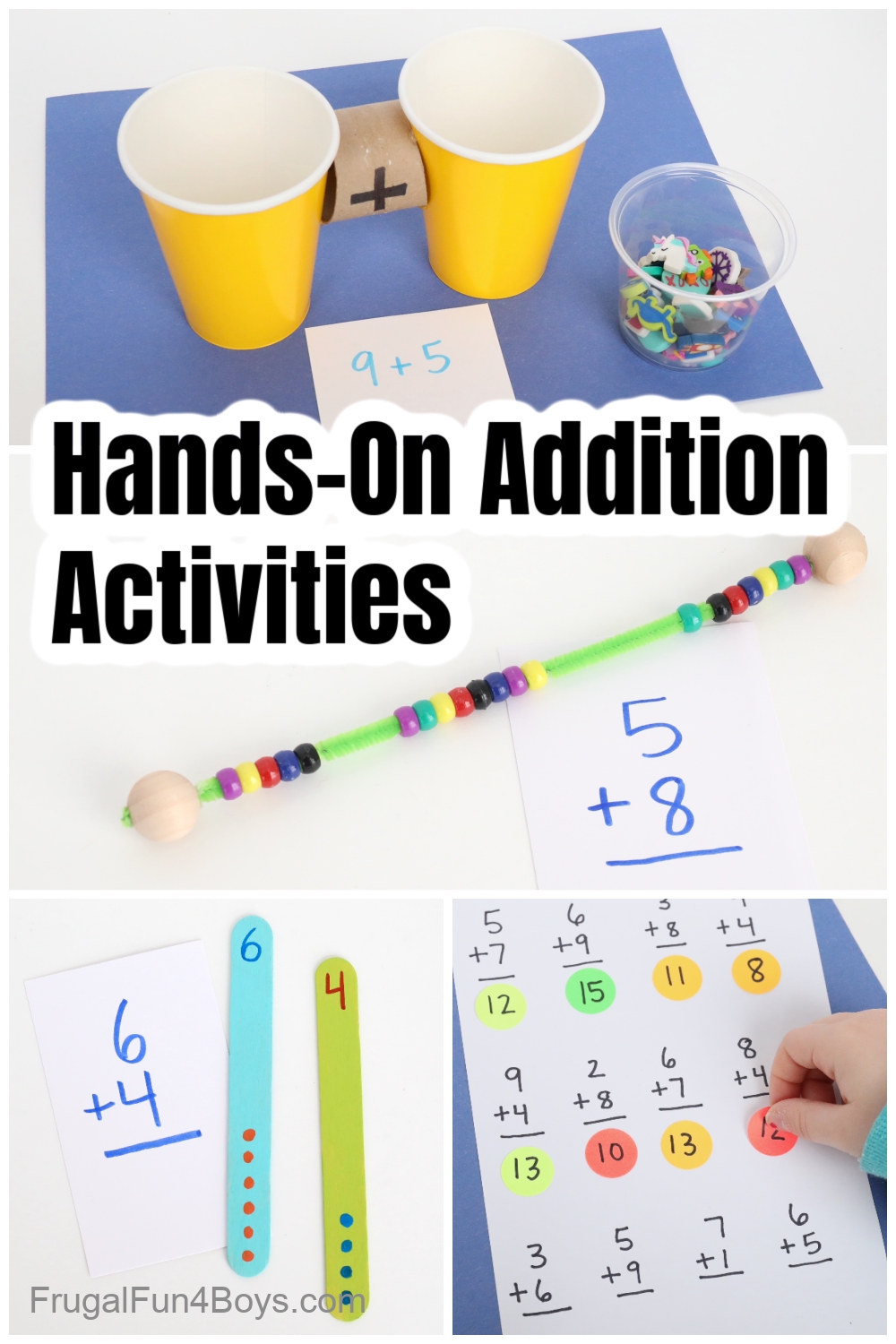5 Ways to Master Verbs with Worksheets

Mastering Verbs: A Key to Effective Communication
Verbs are the engines of language, driving the meaning and action of sentences. Mastering verbs is essential for effective communication, whether in writing or speaking. In this post, we will explore five ways to master verbs using worksheets, providing you with practical tools to improve your language skills.
Understanding Verb Tenses
Verbs can be complex, especially when it comes to tenses. Mastering verb tenses is crucial for clear and accurate communication. The three main verb tenses are:
- Present tense: Used to describe actions that happen regularly or are true in the present.
- Past tense: Used to describe actions that happened at a specific time in the past.
- Future tense: Used to describe actions that will happen at a specific time in the future.
To practice verb tenses, try the following worksheet:

| Verb | Present Tense | Past Tense | Future Tense |
|---|---|---|---|
| Write | __________________ | __________________ | __________________ |
| Run | __________________ | __________________ | __________________ |
| Eat | __________________ | __________________ | __________________ |
Complete the table with the correct verb forms.
Identifying Verb Forms
Verbs can be in different forms, including base form, past simple, past participle, and present participle. Identifying verb forms is essential for accurate verb usage.
- Base form: The basic form of the verb, without any tense or aspect.
- Past simple: The form of the verb used to describe completed actions in the past.
- Past participle: The form of the verb used with “has” or “had” to describe past actions.
- Present participle: The form of the verb used with “is” or “are” to describe ongoing actions.
Try the following worksheet to practice identifying verb forms:
| Verb | Base Form | Past Simple | Past Participle | Present Participle |
|---|---|---|---|---|
| Go | __________________ | __________________ | __________________ | __________________ |
| Take | __________________ | __________________ | __________________ | __________________ |
| Make | __________________ | __________________ | __________________ | __________________ |
Complete the table with the correct verb forms.
Using Verbs in Context
Using verbs in context is crucial for effective communication. Practice using verbs in sentences to improve your language skills.
Try the following worksheet:
| Sentence | Verb Form |
|---|---|
| By next year, I ____________________ my degree. | __________________ |
| If I won the lottery, I ____________________ a house. | __________________ |
| By the time I arrived, they ____________________ their homework. | __________________ |
Complete the sentences with the correct verb forms.
Verb Conjugation
Verb conjugation is the process of changing verb forms to agree with the subject. Practice conjugating verbs in different tenses to improve your language skills.
Try the following worksheet:
| Verb | Present Tense (I) | Present Tense (You) | Present Tense (He/She/It) | Present Tense (We) | Present Tense (They) |
|---|---|---|---|---|---|
| Speak | __________________ | __________________ | __________________ | __________________ | __________________ |
| Write | __________________ | __________________ | __________________ | __________________ | __________________ |
| Run | __________________ | __________________ | __________________ | __________________ | __________________ |
Complete the table with the correct verb conjugations.
Irregular Verbs
Irregular verbs are verbs that do not follow the usual verb conjugation patterns. Practice identifying and using irregular verbs to improve your language skills.
Try the following worksheet:
| Verb | Base Form | Past Simple | Past Participle |
|---|---|---|---|
| Go | __________________ | __________________ | __________________ |
| Take | __________________ | __________________ | __________________ |
| Make | __________________ | __________________ | __________________ |
Complete the table with the correct irregular verb forms.
Mastering verbs takes time and practice, but with these worksheets, you can improve your language skills and become more confident in your ability to use verbs effectively.
Key Takeaways
- Mastering verbs is essential for effective communication.
- Verb tenses, forms, and conjugation are crucial for accurate verb usage.
- Practice using verbs in context to improve your language skills.
- Irregular verbs require special attention to master.
💡 Note: These worksheets are designed to provide a starting point for practicing verb mastery. For more comprehensive practice, try using online resources or working with a language teacher.
What is the difference between verb tense and verb form?
+Verb tense refers to the time at which the action takes place, while verb form refers to the specific form of the verb used to express that tense.
How can I practice verb conjugation?
+Practice conjugating verbs in different tenses using worksheets or online resources. You can also try creating your own sentences using different verb forms.
What are some common irregular verbs in English?
+Some common irregular verbs in English include “go”, “take”, “make”, “come”, and “see”. These verbs do not follow the usual verb conjugation patterns and require special attention to master.
Related Terms:
- Verb worksheet for grade 1
- Verb Worksheet pdf
- Verb worksheet for grade 3
- Exercise verb 1 2 3
- Action verbs worksheet
- Verb exercise



